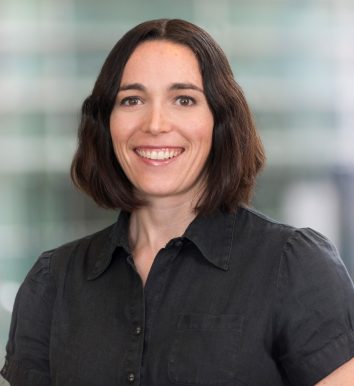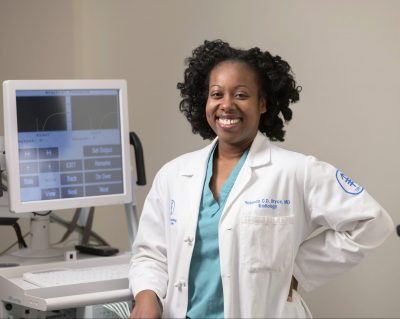A study by MSK researchers in Nature Chemical Biology describes the development of a new class of cell that may boost treatment options for certain cancers and other diseases, one of a number of new advances in the field of chimeric antigen receptor T (CAR-T) therapy.
CAR-T cells are engineered from a patient’s own cells and used to activate an immune response against cancer. As described by Genetic Engineering & Biotechnology News and The Science Advisory Board, the new synthetic enzyme-armed killer (SEAKER) cells described in the study overcome many of the limitations of current CAR-T cell therapies. In an animal model, the researchers successfully engineered the cells to produce AMS, a natural anti-cancer compound, at the cancer site.
The researchers plan to further develop SEAKER cells for use in human clinical trials in two to three years.

